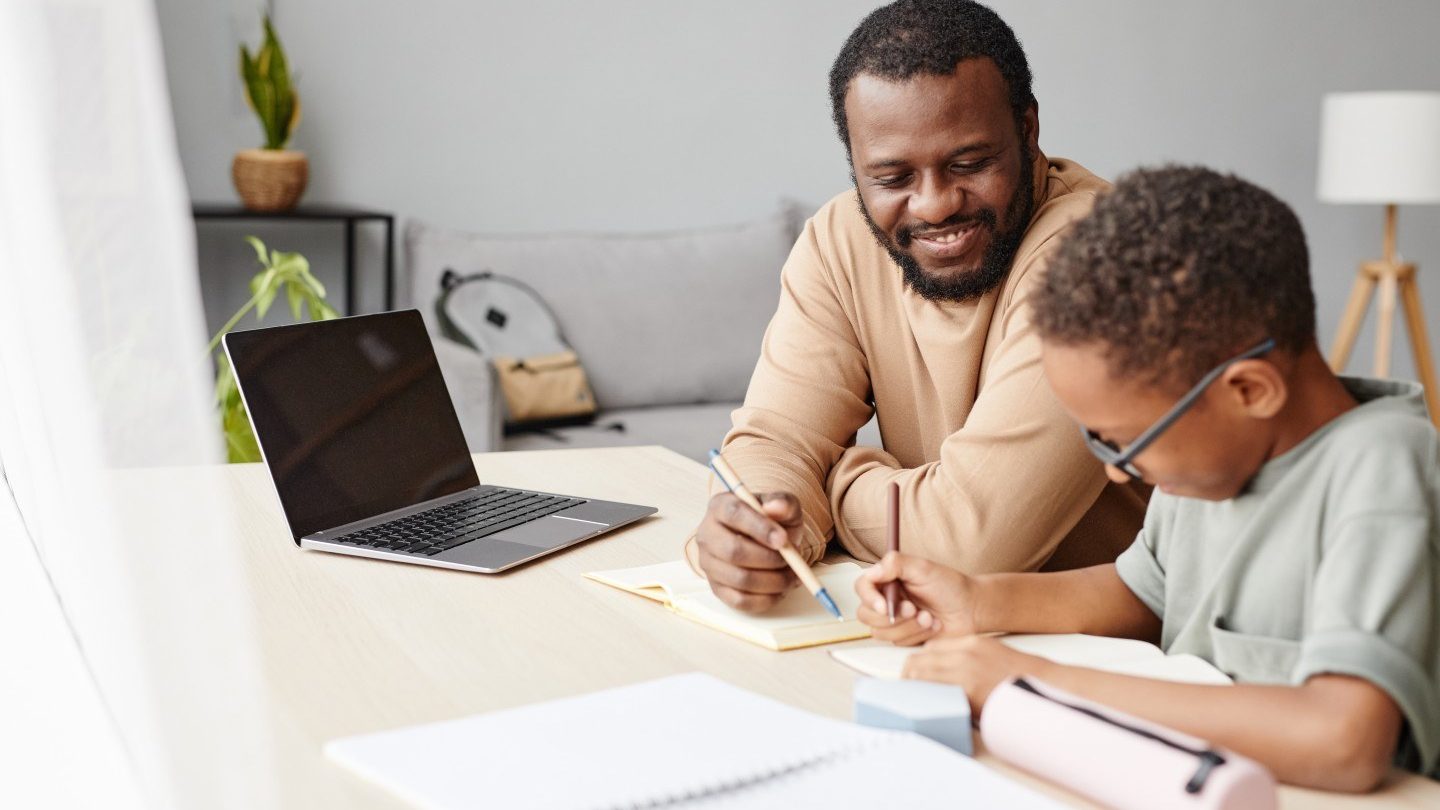How to help your child become an independent learner
 Image: A dad and his primary school-age son sitting at a desk, smiling — dad is helping son to write on a notepad.
Image: A dad and his primary school-age son sitting at a desk, smiling — dad is helping son to write on a notepad.
Fostering independence in learning is one of the greatest gifts you can give your child. Independent learners are curious, resilient and confident in their ability to tackle challenges. But how can parents support their children in developing these essential skills? The answer lies in understanding the learning process and guiding them through it with the right mindset and tools.
Encouraging a can-do attitude
Your words and attitude towards learning have a powerful impact on your child. Avoid phrases like ‘I’m rubbish at maths’, which can unintentionally discourage them. Instead, foster a mindset of possibility: if your child says, ‘I can’t do this,’ help them reframe it to ‘I can do this, I just need some help,’ or ‘I can’t do this, yet.’
This simple shift strengthens self-belief, a crucial first step in becoming an independent learner. When children believe they can succeed, they are more likely to take initiative and persevere through challenges.


